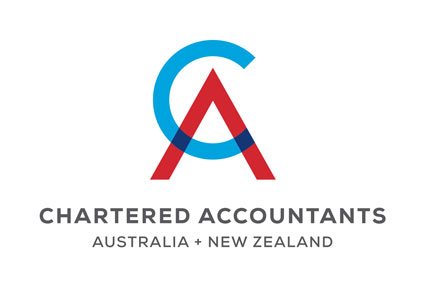IRD FOCUSES ON THE CASH ECONOMY
When IRD refer to the cash economy, IRD is describing businesses that deliberately hide their income and avoid their tax obligations by not reporting some or all of their cash income.
To promote a level playing field and support honest businesses, IRD has expanded it’s ability to detect and take firm action against businesses seeking an unfair advantage by participating in the cash economy, and IRD continues to publish support tools and provide help and assistance to businesses that are trying to do the right thing.
Keys of Tools by IRD
Small business benchmarks
- A wide range of benchmarks are available to help businesses assess their performance and check they are meeting their tax obligations.
- Benchmarks provide guidance on the normal business ratios for profitable businesses in a particular industry segment.
- Two types of benchmarks are available for small business:
1. Performance benchmarks, based on information businesses report to IRD on income tax returns and activity statements
2. Input benchmarks, based on information industry participants and trade associations provide to IRD.
IRD is using the benchmarks to identify businesses participating in the cash economy. Where IRD finds businesses operating significantly outside the benchmark for their industry segment IRD will be initiating compliance action
Data Matching
- IRD conducts a range of data matching projects to identify businesses in the cash economy who are potentially skimming some or all of their cash takings, running part of their business off the books or in other ways not reporting all their income.
- Examples of data IRD is collecting this year include data from banks that identifies credit card and EFTPOS sales made by New Zealand businesses, purchases of motor vehicles, property purchases and data that identifies sales of building materials to building contractors.
- IRD uses data matching to identify information about a taxpayer’s income and their business and personal expenditure. Where IRD identifies significant inconsistencies between a taxpayer’s reported income and their expenditure IRD will initiate compliance action.
Cash economy prosecutions
- IRD’s compliance activities include enforcement activities ranging from administrative penalties and civil remedies to criminal prosecution.
- Serious cases of fraudulent offences relating to the cash economy can be subject to prosecution. under the Crimes Act.
- IRD will use sanctions under the Taxation Administration Act to prosecute taxpayers for cash economy related offences, including non-lodgement, false and misleading statements and false record keeping.
- Prosecutions can result in severe fines and imprisonment.
We recommend you:
- To consider using the small business benchmarks to compare your business performance against the benchmarks;
- work out if you need to adjust your business and record keeping practices, and check you are meeting your tax obligations
- Ensure you understand how the tax laws apply to you.
Real example:
The Inland Revenue Department (IRD) officers have been visiting medium sized Chinese restaurants just prior to Christmas and interviewing all staff.
In at least one of the surprise visits, IRD staff were also accompanied by immigration officials and police officers. It is understood that IRD’s chief concern are cash wages paid to restaurant staff, particularly part-timers and staff meals.
Restaurants that reported profits lower than the industry average were in the IRD’s sights. It was reported that restaurants with a gross profit ratio of 50 per cent or less are being targeted.
The IRD had made no secret of its efforts to crack down on the ‘hidden economy’
